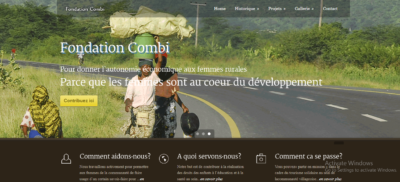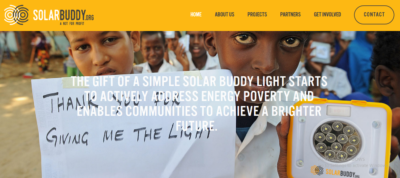Petroleum Bulk Procurement Agency (PBPA) has rolled-out cargo by cargo tender system of fuel importation for November delivery that witnessed falling costs.
This is a single product tendering system where petroleum products importers bid to supply Diesel, petrol and Jet fuel and kerosine separately.
The PBPA Acting Executive Director, Mr Michael Mjinja, said in Dar es Salaam yesterday that in just the first day of the tendering system, figures put forward by bidders are down compared to the old system.
"It is very much encouraging for the country when looking at the tendering numbers put forward by importers particularly tender winners," he said in his closing remarks after the tender committee chairman Mr Ali Ahmed declared the successful bidders of cargo by cargo.
He said the declining importation costs may be translated into falling fuel prices in December only if global oil prices remain low.Company that emerged successful at the cargo by cargo tender meeting is Addax Energy SA for delivering 78,284 metric tonnes of gasoil at 18.990 US dollars per metric tonnes and 14.970 US dollars per metric tonnes for cargo I&II respectively.
Also the total bid price value of the cargo I&II is 1,486,633.150 US dollars and 1,171,911.480 US dollars respectively. Similarly, Addax Energy SA won the tender of Jet A-1 of importing 23,962 metric tonnes at 21.120 US dollars per metric tonnes and total bid price value of 506,077.440 US dollars.
For Motor Spirit Premium, Trafigura Energy SA emerged winner of importing 35,150 metric tonnes after offering 8.800 US dollars per metric tonnes and 9.200 US dollars for cargo I&II respectively at a total bid price value of the cargo I&II of 309,328.800 US dollars and 323.380 Us dollars.
Other companies that participated in the tender processes are Sahara Energy SA, Vitol Bahrein E.C, Augusta and Enoc Africa Limited.
On his part, the Energy and Water Utilities Regulatory Authority (EWURA) Principal Commercial Officers- Petroleum Engineer Lorivii Long'idu said the new system has been interesting with hope for more companies to participate in the following tenders.
"This means that local companies that complained of being locked out due to heavy financial requirements, can now take part in the tendering process," he said.

















































































